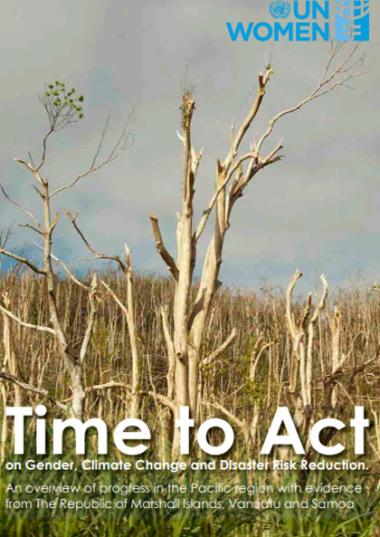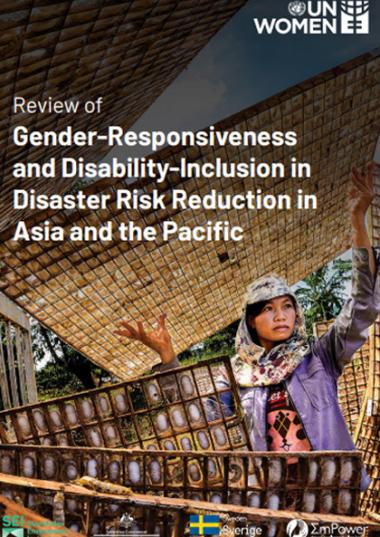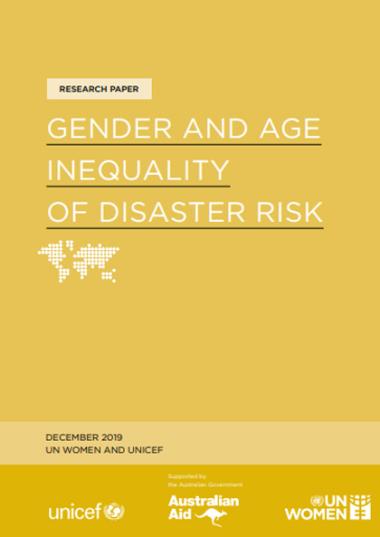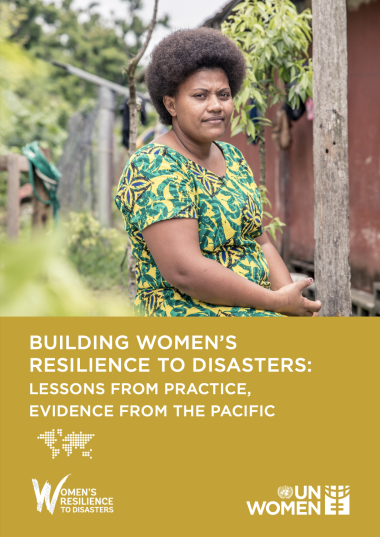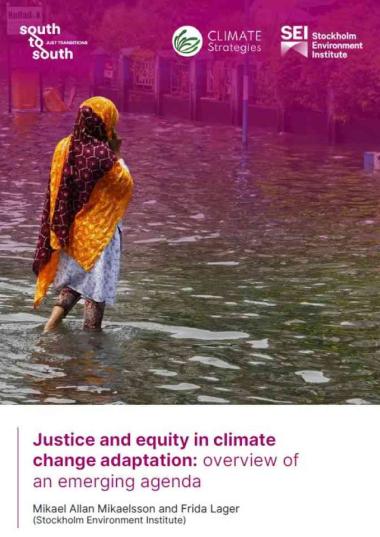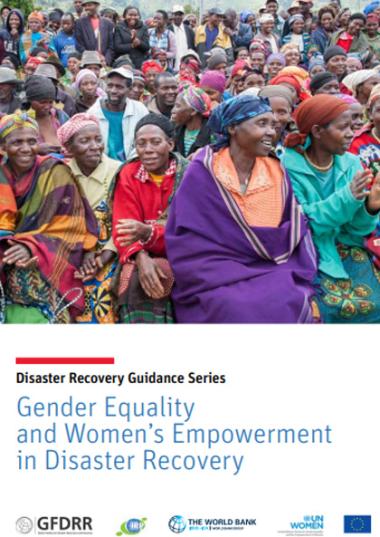
This report provides an analysis and summary of the findings of eight case studies focusing on climate change impacts and adaptation opportunities in Africa at the household level and in particular on gender-differentiated impacts of climate change. It aims to identify various policies, programmes and activities that could address these issues. It identifies several common factors in the climate impacts being observed in these communities, such as an increase in floods, droughts and strong winds, low and erratic rainfall and unpredictability and/or changes (shifting and shortening) in growing seasons, soil erosion and forest or land degradation, etc.
It defines different levels for climate change impact: (i) changes in atmospheric CO2 concentration, basic meteorological conditions and extreme climatic events; (ii) consequences for agro-climatic and other environmental conditions and agricultural resources; (iii) impacts on natural resources, crop and livestock responses and effects on production; and (iv) impacts on rural economies and livelihoods; and asserts that the 3rd and 4th are the ones most observed by members of rural communities. It also notes that women seem to cope better with the impacts of changing circumstances than men, by exploring opportunities that enable them to cope better, although they lack power in policy-making processes that in turn impact their operational capacity and ability. It suggests that there may be ways in which adaptation activities could target and build on women's ability to adapt, and at the same time strengthen their resilience to climate change and concludes with some recommendations based on the four country case studies and integrated analysis.
